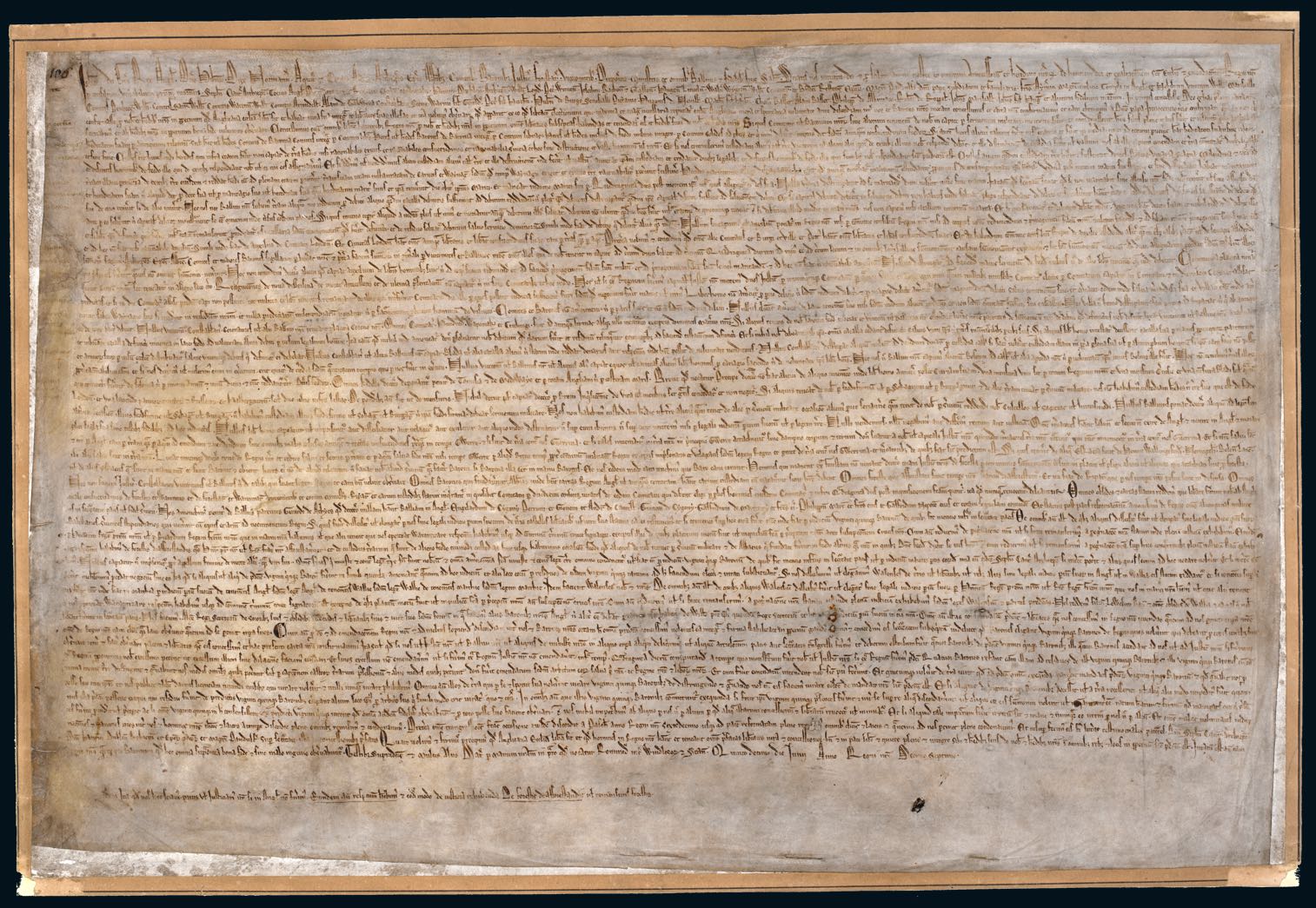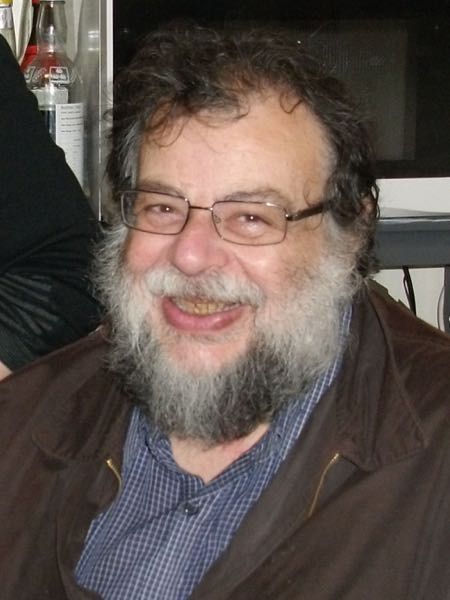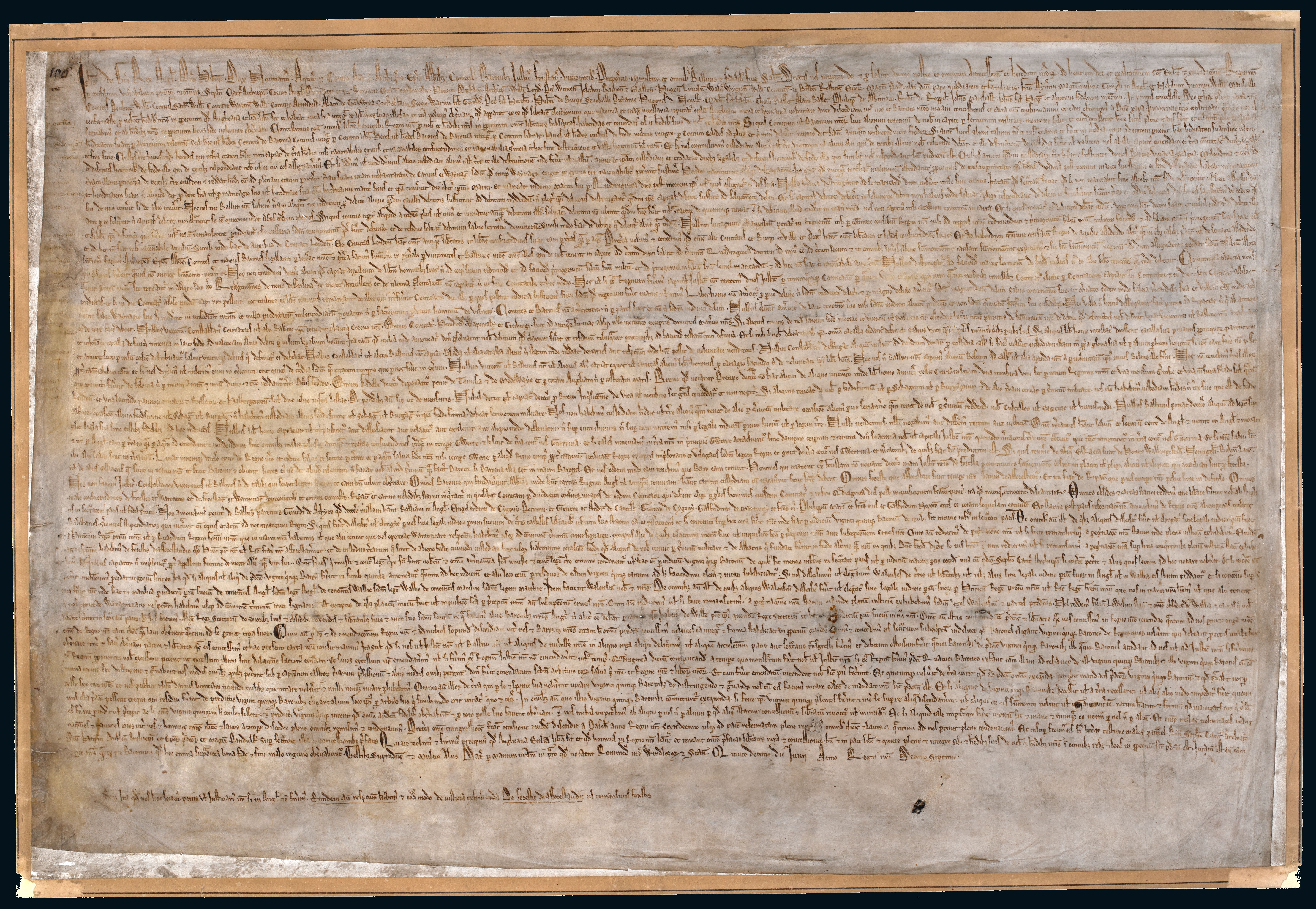
Albert Langer fights democracy
‘Resistance to usurped or tyrannical authority is an essential component of the rule of law formerly recognised as such since the Magna Carta’— Albert Langer, political activist, 1996
Albert Langer had a problem with Australian democracy. He thought the voting system was rigged to siphon voters’ preference to the major parties in an election, thereby sidelining minor parties or independent candidates.
Langer publicly encouraged voters to change the way they numbered their ballot paper, so as to deny the major parties the benefit of voters’ second or third preferences. In response, the government enacted a new section of the Commonwealth Electoral Act — 329A — making it illegal to encourage people to vote informally.
Before the 1996 election the Australian Electoral Commission took out a court injunction forbidding Langer to distribute his campaign material. Langer told the Victorian Supreme Court that he had the right to rebel against authority when it was behaving in an arbitrary and unjust way, as outlined in Magna Carta.
Langer persisted and was subsequently jailed for contempt of court. After the 1996 election Section 329A was repealed by the new Liberal Government. It is now an offence to publish material that may mislead voters, but informal voting and advocating an informal vote are no longer illegal.

